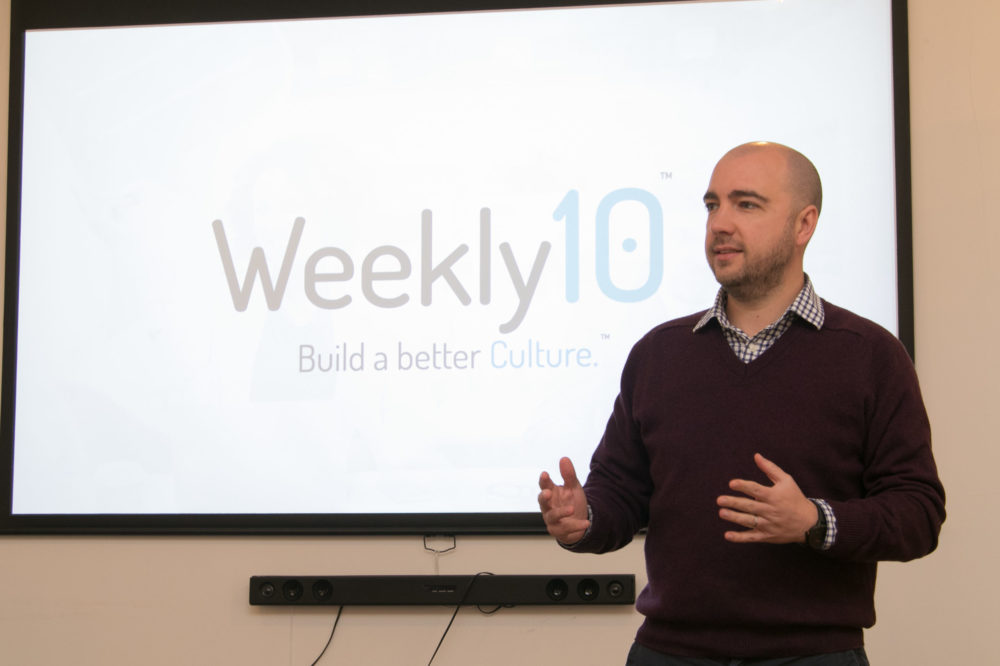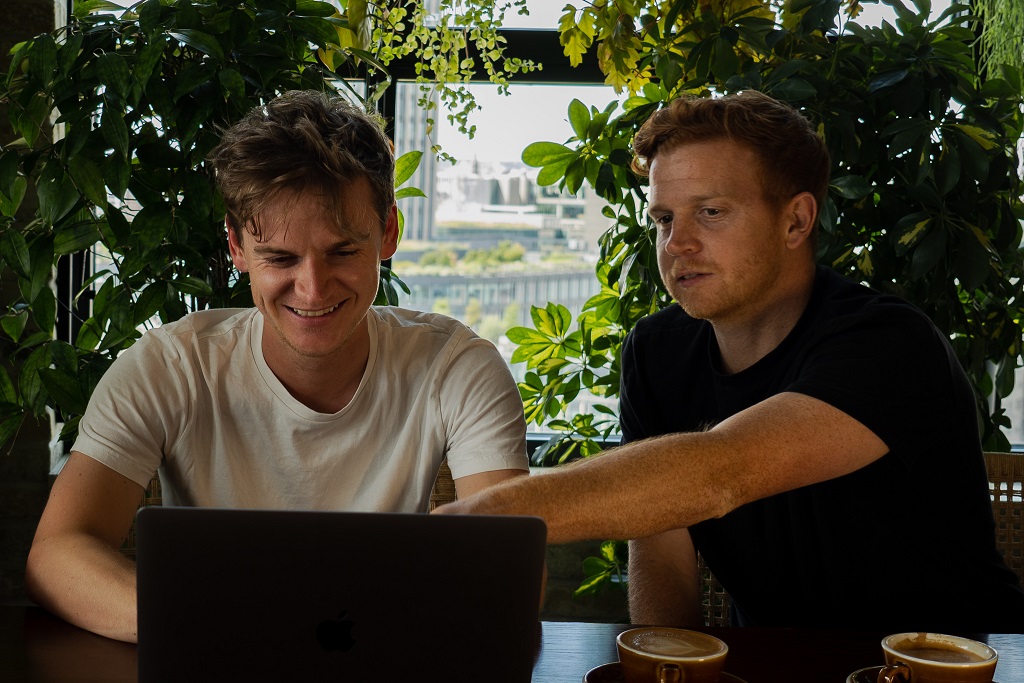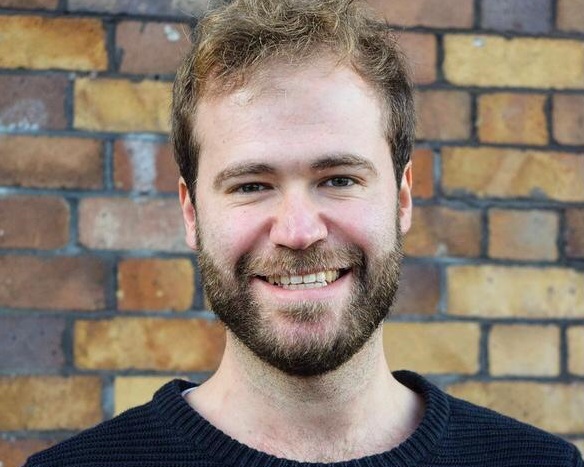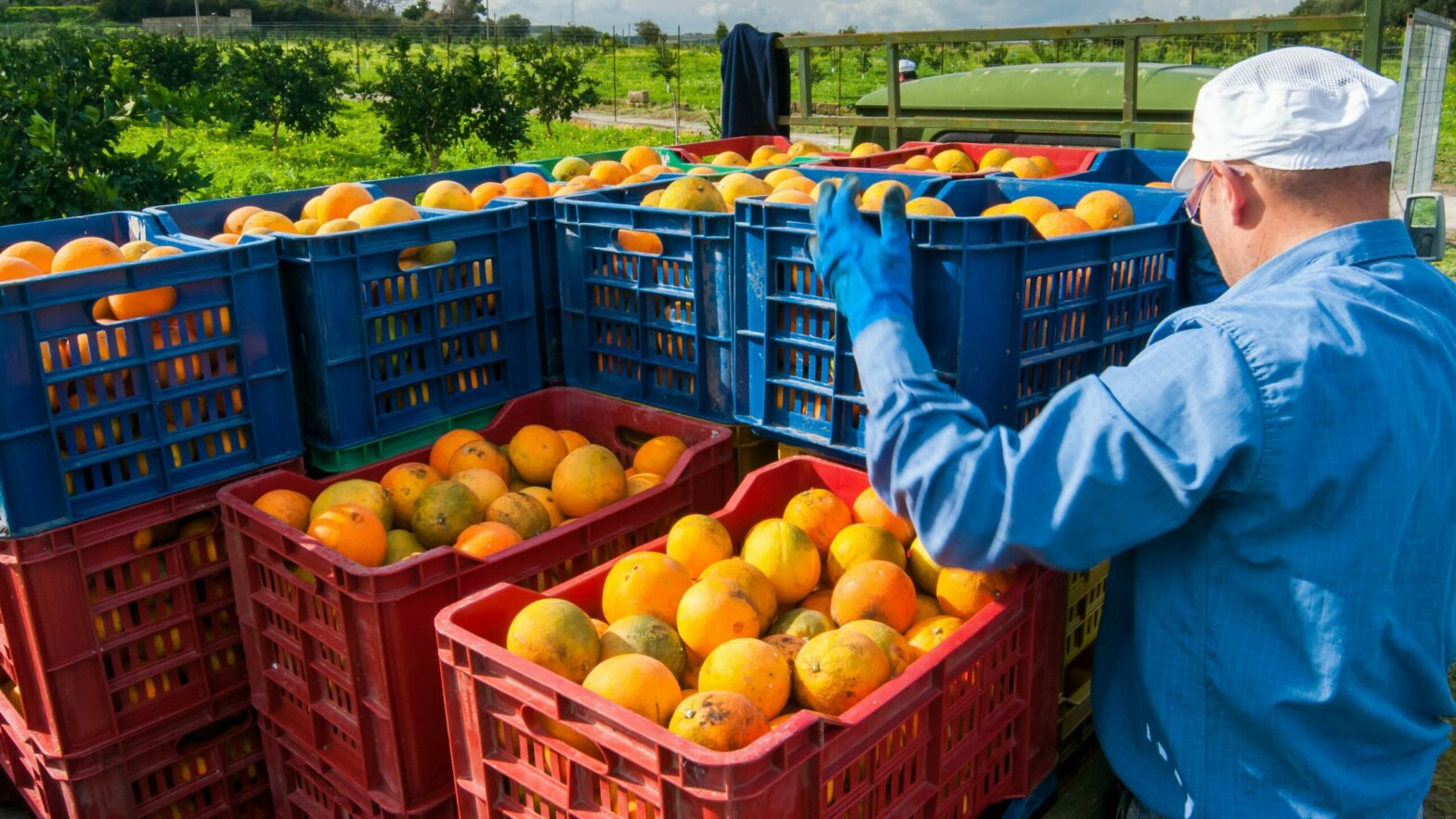Andy Roberts started out as a developer, working with artificial intelligence and machine learning technology throughout his career. Several years later, while managing a team of 50 people, he came up with the idea for his business.
Frustrated by ineffectual annual reviews and anonymous surveys, he put his knowhow into creating Weekly10, an employee engagement and performance software platform measured in weekly sessions.
Companies, particularly those in the legal and accountancy sectors, really took to the software. And in recent months, the accelerated move towards remote working has seen a transformation in clientele for the business.
In February 2019, Andy entered The Start-Up Series competition and he bagged the funding for Weekly10. We caught up with him to learn more about the business and how The Start-Up Series has been invaluable to him.
Tell us about yourself and how you launched Weekly10.
Before Weekly10, I worked across different industries in the software sector.
We were always told by HR and senior management to run performance reviews every year and encourage people to do engagement surveys, but the most frustrating thing as a senior manager was the fact that performance reviews were once a year. There was no other framework during the year to provide feedback and manage performance. And although I was relatively proactive, a lot of my peers just saw it as a tick box exercise to go through.
What I started to do in the last company I worked in was send out a weekly meeting invite. People would just check in and provide responses to some simple questions. My team really engaged with it.
Off the back of that I started to develop a platform and then tested it out to the MVP (minimum viable product). At that stage, I brought in my co-founder, Alistair. I wanted to get another angle on it and see how he would develop the sales side.
As the interest started increasing, I needed to make a decision about leaving my career and going full-time with Weekly10. So, in November 2018, I gave up my job and just committed to not paying myself for the next year and giving it a really good go. It was during that period that we entered The Start-Up Series.
What kind of opportunities did winning The Start-Up Series competition create?
I guess there are a few things in there. Winning a competition provides good exposure, there’s no doubt about that. We have been able to utilise Worth Capital’s network. It’s useful from a collaboration perspective with other start-ups, and we often talk to some of the other portfolio companies as well, asking advice on stuff they’ve done. From a peer perspective, that’s been great.
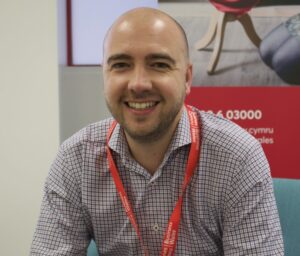
That opens up quite a lot of opportunities aside from the support that we get, particularly from Matt [from Worth Capital] because he’s on our board, around the ongoing progress of the business and supporting that moving forward.
How has COVID-19 affected your business?
COVID-19 has been a double-edged sword for us. With the clients that we had lined up, there was obviously some impact in that people were furloughed and doing various other things. The legal sector, for example, is a strong sector for us. It pretty much stopped overnight: there were no completions going in for houses, not many contracts being exchanged, so we had some challenges there.
However, the trend has been moving towards more remote working anyway, people being more dispersed within their work. COVID-19 has accelerated that. Weekly10 can work brilliantly within a remote network. In a way, it’s been an opportunity for the business because it provides us with more clients who are really in need of a solution in the short-term.
We’ve not furloughed anybody – we’ve hired staff. We’ve actually seen sales growth over this period and some of it’s been quite significant.
How about how about post pandemic? What are your goals and your priorities?
The first thing is increasing the amount of coaching and support that we provide through the platform. This is very much around advising and coaching managers within the platform about how to give effective feedback.
We also have a people scientist that works with us. He engages with our clients on an ongoing basis, but we’re trying to make more of that into the core platform. We’re looking at using machine learning for doing a lot of that.
The second element is integration. We’re continuing to develop our integrations, especially Microsoft Teams, and we aim to have pretty much all the functionality from the core platform within Teams by the end of the year.
We are currently going through another round of hiring, so we’d expect to maybe have a two to three new staff members by the end of calendar year.
And then finally, I’d say around the analytics, we’ve got some exciting projects that are ongoing. We have one European-funded project at the moment with the Welsh Government.
One of the biggest things to come out of this project, which we’ll be pushing to production soon as well is around attrition prediction. What we’re able to do is using machine learning and using the data in Weekly10, purely the data and nothing else, we’re able to predict the risk of something leaving an organisation six months before they leave, to an accuracy of 70 per cent.
Coming out of post COVID, we don’t see the work environment changing massively. With a lot of the clients we speak to, if they are moving back to the office, it’s going to be on a hybrid approach, at least until probably the middle of next year.
And beyond that, we think the culture has changed within organisations. Within our own, we don’t expect people in. Even if we all went away tomorrow, we’d still expect that people want to work from home two or three days a week.
Anything else you’d like to say about The Start-Up Series?
What I would say about The Start-Up Series generally is that there’s value in the whole process – even the people that don’t win will get a lot out of it.
Worth Capital gave us a lot of ideas in the deep-dive meeting. It’s not a typical pitch – it’s more of a chat, but deeper. You’re not just going in there for a coffee. I mean, it is really going into your business in detail, but it’s in an informal way. I think it’s a safe environment for you to go through the warts and all and see what they think about it.
Secondly, they continue to support us. We had a board meeting yesterday and Matt had been knocking together some spreadsheets around the KPIs that we wanted to track, and it would have taken me days to come up with what he did, but he was able to get his hands dirty and get something together for us.
The whole process has been very positive.
